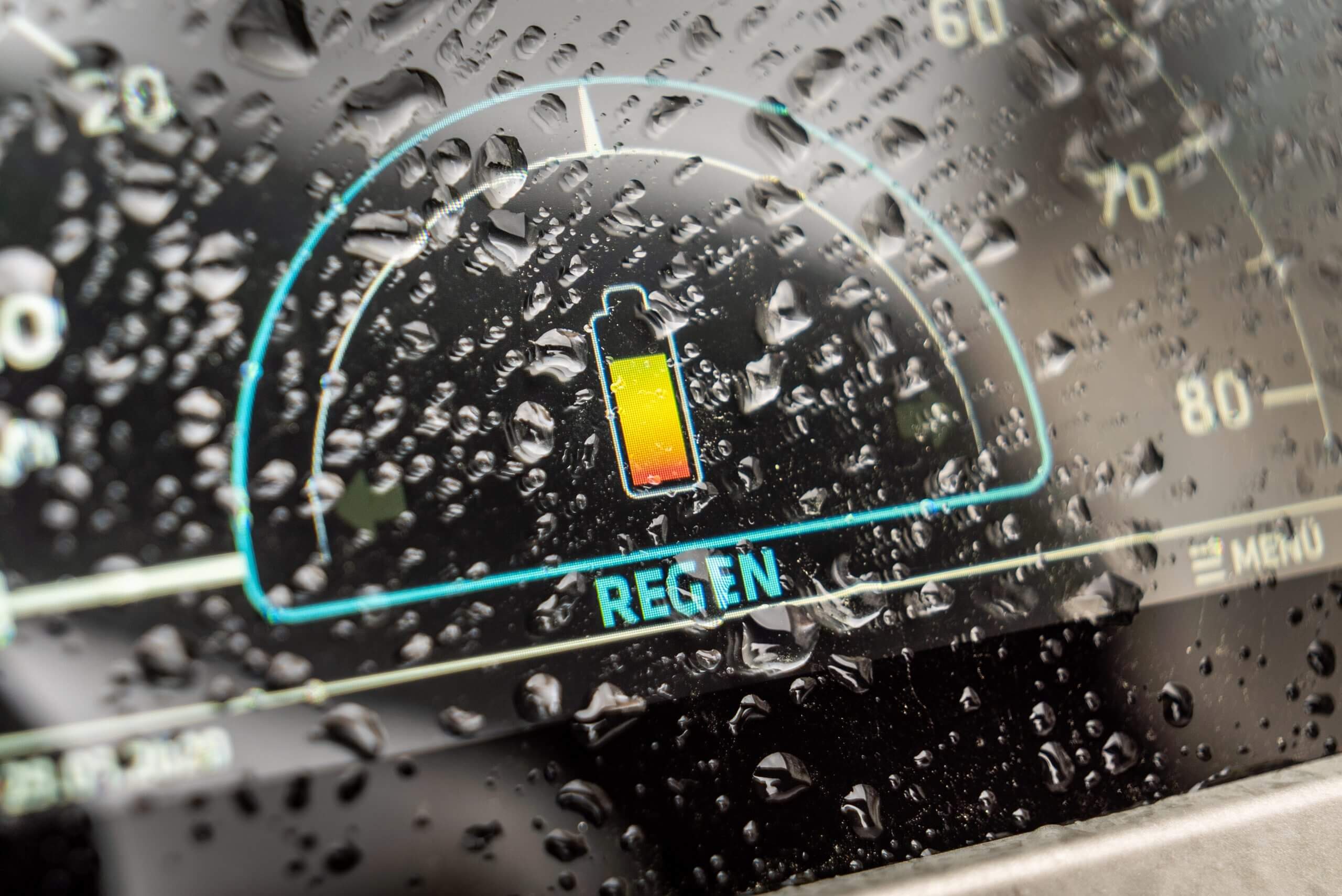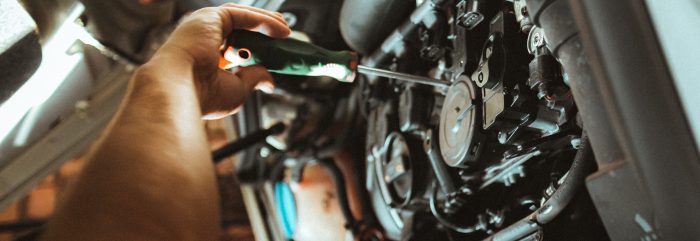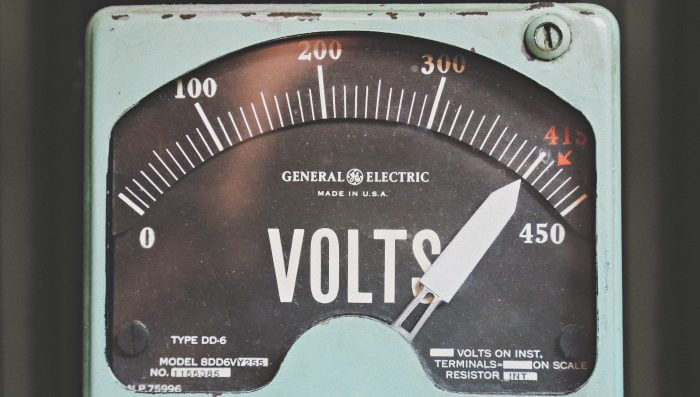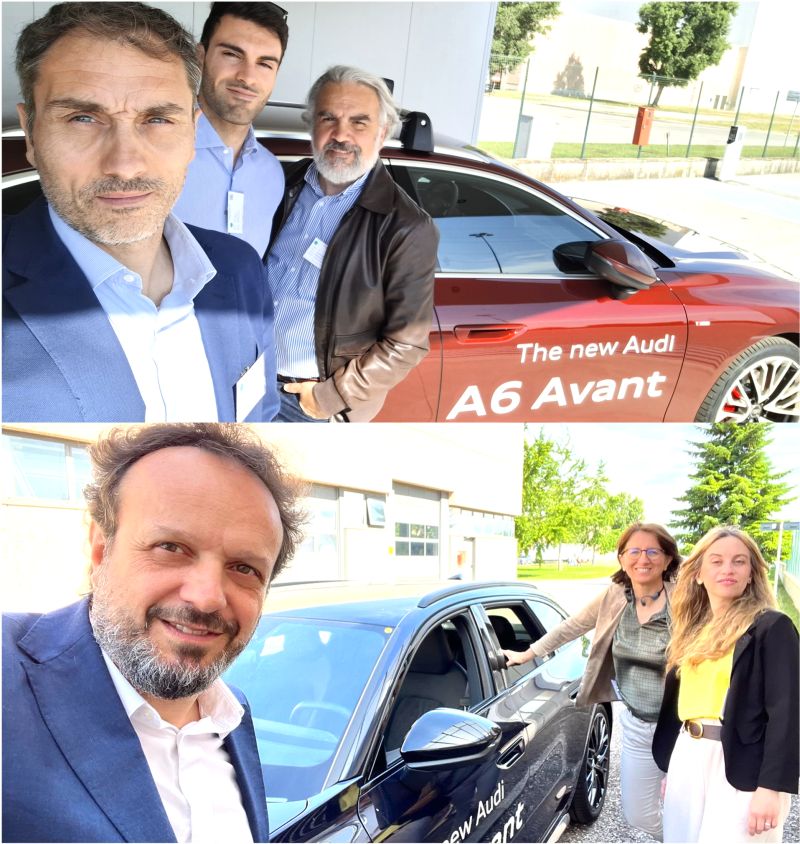Automotive and recovery

The ecological transition is in the focus of the debate on the sector of the automobile.
At the same time, we all realize that electric mobility is complex and with many potential risks, as it encompasses not only environmental and technological issues, but also social, political, economic and strategic.
The automotive industry is progressively changing to make customer experiences more and more meaningful and “memorable”, working on customization and specific customer needs, seeking ever more complex tailor-made solutions.
A growing number of consumers expect these “enhanced” experiences in any interaction with the Brands, whether it is paying for a coffee, shopping online or buying a car.
One of the ways the most active companies explore to face this challenge is, obviously, the integration of digital technologies in the purchasing process, training their staff in this direction.
Thus, automakers and dealerships invest heavily in a variety of technologies, from software for purchasing from tablets, to applications and devices for virtual reality, to reinforce customer engagement at touch points.
Are they correct investments?
Are these efforts producing satisfactory results? And if so, are there further opportunities to capture more value?
The main European players (BMW, Daimler, Renault, Stellantis and VW) have made profits of 30 billion euros in the first half of 2021, at a time characterized by large investments to electrify their ranges: a positive trend reversal and a vitamin that allows us to look to the future with greater optimism.

But for the coming years there are other interesting challenges: the risk that the market will be guided more by legislation than by demand, with the need to keep margins also on the distribution side, in a framework that will change with the new European regulations (the new Block Exemption of 2023, which will further liberalize the sector).
For dealers, there is a concrete risk of a reduction in the maintenance business as we know, between batteries, remotely programmable on-board software and the reduction of planned maintenance (oil change, brakes …) with BEVs that promise costs reduced by a third compared to a traditional car.

Looking at registrations, in Europe they show a 24,4% decrease (YTD in August compared to the same period in 2019). The sector is moving between dependence on public incentives and production delays (due to the lack of chips).
A different future awaits us, a future that we have to build, both in terms of sales and aftersales processes: the role of dealers and workshops will change, with the risk of less business potential.
Among so many doubts, one certainty: the need to change quickly and in the right direction.

There are many areas where it is necessary – and vital – to activate strategic measures to manage and mitigate the risks related to change and take advantage of the opportunities: control centers, human resource management, digitization, customer engagement, supply chain and, more generally, specific attention to business continuity.
The New Audi A6 Avant Masterclass: the opportunity to get first-hand experiences about technical contents, commercial leverages, test driving, network sentiment…. Read more
DEMOAGRO 2025: a great experience that conveyed in the same place manufacturers, dealers and customers. An opportunity to experience agricultural innovation delivered directly… Read more
#ADD25: the must-be event for those working at mobility topics, for understanding the main clues of the automotive industry. There are… Read more



